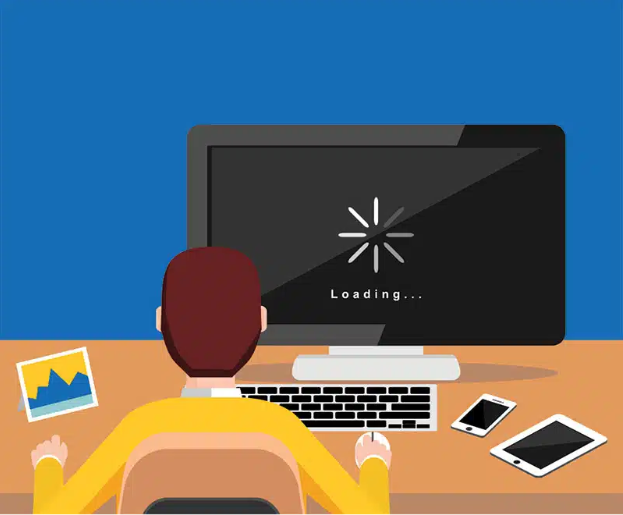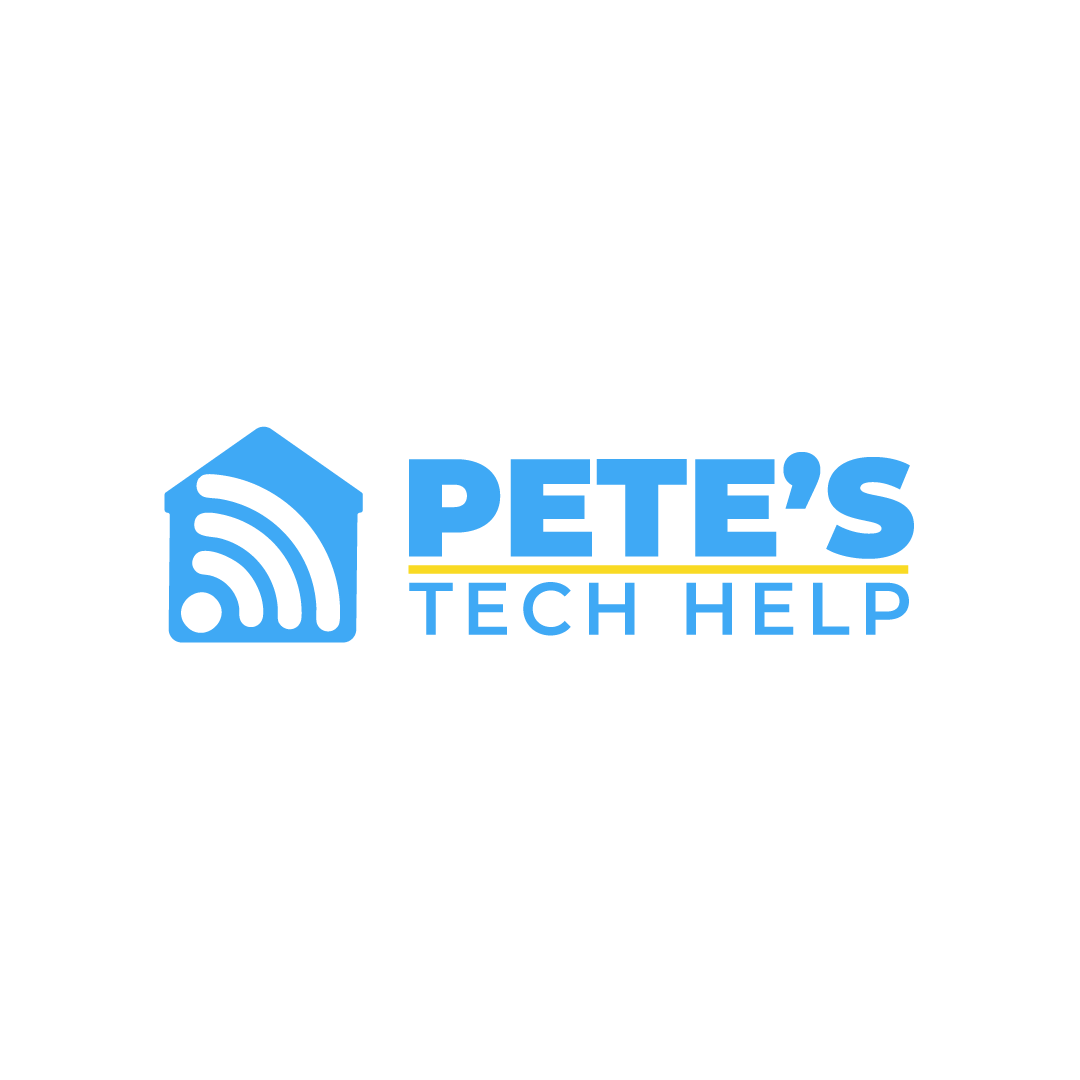
The Ultimate Guide to Speeding Up Your Slow Computer
Even the easiest chores can become an unpleasant experience on a slow computer. Whether it is lagging when opening apps or taking forever to boot, the issue usually can be resolved without spending any money. Let us explore some basic actions you can do to quicken your slow machine.
1. Restart Your Computer
Although this sounds clear-cut, when did you last restart your computer? Many people leave their machines running for days or even weeks, which causes temporary files and background processes to mount up.
Restarts empty your system memory and provide a fresh start for your computer. If you have been postponing it, try it before tackling more difficult problems.
2. Free Up Disk Space
Running low on storage will cause your computer to crawl slowly. The following helps to tidy things:
- Delete Unnecessary Files: Take a look through your Downloads folder to eliminate files that you can safely discard.
- Empty the Recycle Bin: Similar to desktop files, your Recycle Bin contains items that occupy space even after apparent removal.
- Uninstall Unused Programs: Old software programs that remain unused during previous months need your attention to remove them.
Most standard operating systems offer built-in tools for disk cleaning, such as Disk Cleanup on Windows and Optimized Storage on macOS. However, for a more advanced cleaning solution, consider using CCleaner Professional, which can help remove junk files and improve performance.
3. Check for Malware or Viruses
Malicious software programs use system resources until they dramatically reduce overall system performance. You should complete a systemic scan of your operating system through safe antivirus tools. Free security tools like Malwarebytes Premium and Norton 360 Deluxe offer comprehensive virus protection while enhancing system performance by removing malware.
After completing the scan, you must apply the program's recommendations to delete any detected threats. Single-action improvements in launch speeds are already visible to users.
4. Manage Startup Programs
The time required for your computer to start up remains excessive. Several automatically starting programs might be the cause of system slow-downs.
- Windows: You should access the Task Manager by pressing Ctrl + Shift + Esc, then navigate to the "Startup" tab, where you disable any programs you would not need running at system startup.
- Mac: Through System Preferences, select Users & Groups, then navigate to Login Items to erase unnecessary applications from startup.
Keep your daily essential programs enabled in your startup list.
5. Upgrade Your Hardware

If you’ve tried everything and your computer is still slow, it might be time to upgrade some components:
- Add More RAM: Improving your computer system memory will result in better multitasking performance.
- Switch to an SSD: Replacing your hard drive with an NVMe SSD like the Samsung 970 EVO Plus (1TB) can drastically improve system boot times and application loading speeds.
These changes will increase the lifetime of your computer and are rather cheap.
6. Keep Your System Updated
Older programs can slow down your PC and compromise security. Ensure your apps and operating system remain up to date. If you are using Windows, consider enabling Windows Update Assistant to automate updates. For Mac users, tools like MacKeeper can optimize system performance and handle security patches seamlessly. Updates frequently feature performance enhancements and bug fixes. Usually, you can enable automatic updates to save yourself from having to check personally.
Final Thoughts
Accelerating a slow computer need not be difficult. If necessary, work your way to more complex solutions, starting with basic fixes like restarting your machine or clearing storage. Your computer can run like new once with a small effort.



